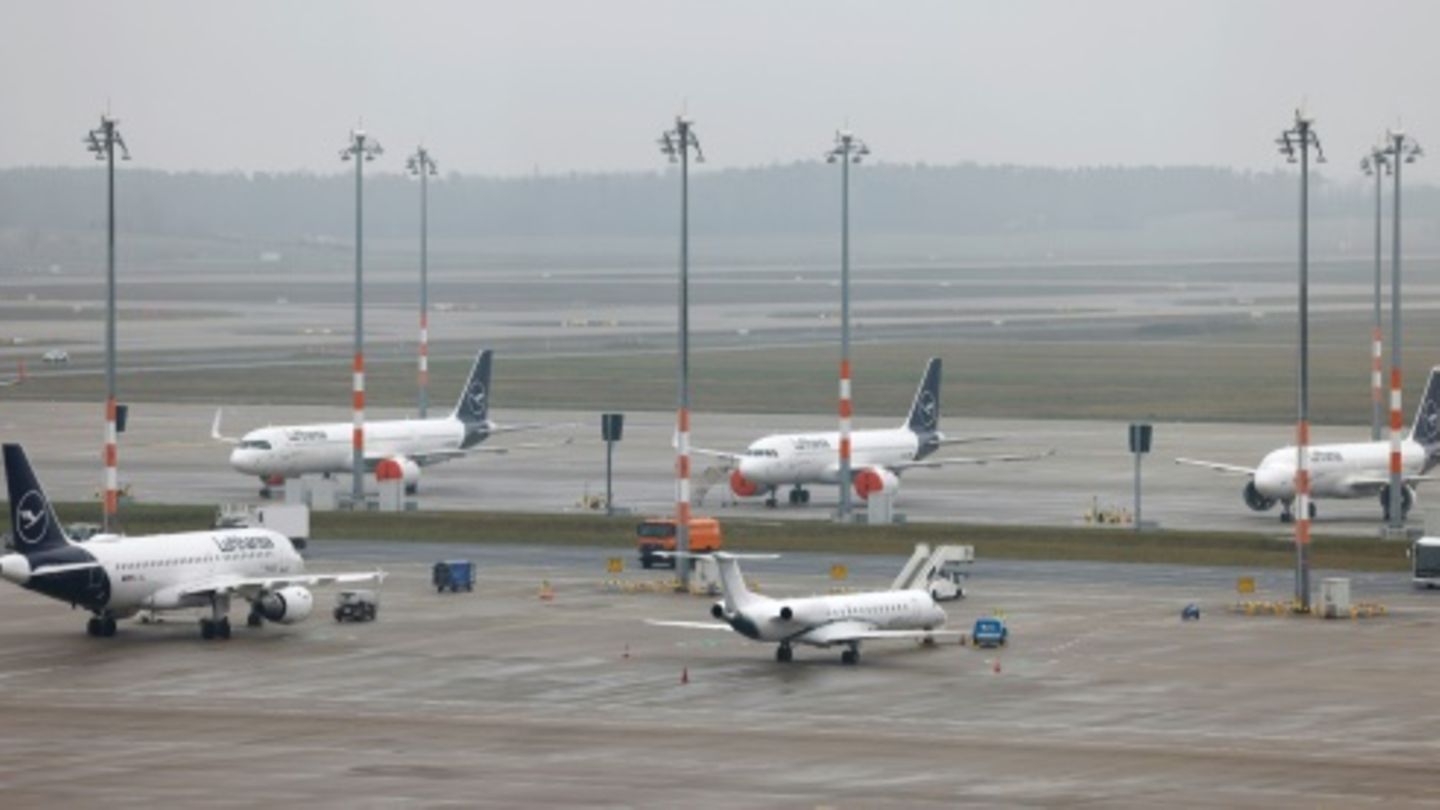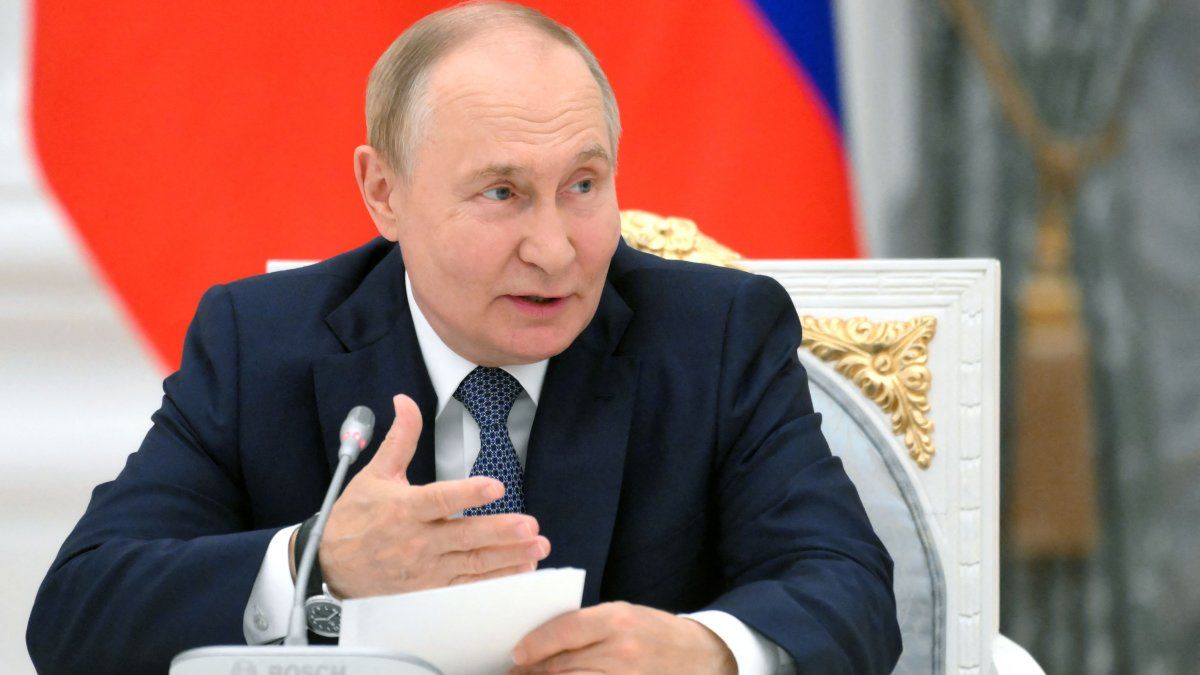The budget airline Ryanair is reducing its services at Berlin Airport due to rising costs. A calculation by the German Aviation Association shows what all is added to the ticket price
Flying has become significantly more expensive in recent years. In the first half of 2023 alone, according to the Federal Statistical Office, prices for flights to other European countries were 31.9 percent higher than in the previous year. Airlines passed on higher costs, such as fuel prices and drastically increased wages at security checkpoints, to their customers. But this will reach its limits in 2024 – costs continue to rise, but customers’ willingness to pay is not growing at the same rate. In the first half of this year, prices for European flights therefore only rose by 2.7 percent, according to statisticians. This is causing problems for providers. Ryanair announced this week that it would withdraw aircraft from Berlin and remove six routes from its program.
Many connections canceled
This is not an isolated case: Using Stuttgart as an example, the German Aviation Association (BDL) shows how the range of services at German airports is shrinking. Between 2019 and 2024, 17 connections to European cities were discontinued there, and only seven new ones were added. The frequency on existing routes fell significantly in some cases, for example by over 70 percent to Lisbon. While other large European countries are now seeing roughly the same number of passengers departing as before Corona, Germany is lagging behind – traffic at German airports reached around 83 percent of the 2019 capacity in the first half of 2024.
Rising taxes particularly affect low-cost carriers such as Ryanair
The airlines cite higher fees and taxes as one of the main reasons – costs that are driven in particular by the state. In May, the tax on airline tickets rose by more than 20 percent. Between 15.53 and 70.83 euros are now charged per passenger. There are also additional costs for security checks, for example, which will rise from a maximum of ten to up to 15 euros in 2025. Since 2020, taxes and fees have almost doubled on average, complains the BDL. In addition, from next year, airlines will be required to initially add small amounts of a sustainable fuel to the fuel, which is significantly more expensive than fossil fuel. All of this particularly affects low-cost providers who calculate hard – because their customers pay close attention to the price. According to the BDL, Ryanair, Easyjet and WizzAir only managed 71 percent of their 2019 traffic in the first six months of the year.
In other countries, airport costs remain stable
The BDL has calculated the taxes and duties for an intra-European flight of an Airbus A320 with 150 passengers. The example applies to Stuttgart Airport: In 2019, the costs were 2,389 euros; now they are 84 percent more – namely 4,404 euros. Of this, 2,330 euros went to the air traffic tax, 1,716 for the air security levy and 358 for air traffic control on arrival and departure. The price increases in Stuttgart are therefore above average, but not an isolated case. In Düsseldorf, according to the association, the costs have almost doubled. Above all, take-offs and landings in Germany are subject to a much higher burden than in other countries. For example, the same one-way flight with the Airbus in Madrid costs 660 euros – just three percent more than before the pandemic.
In the end, the customer should pay
In order to still make a profit, airlines are coming up with all sorts of ideas. Hand luggage, for example, which used to be free, can now cost more than the ticket itself. Several low-cost airlines in Spain have just been fined a total of 150 million euros for particularly blatant rip-offs. From next year, airlines such as the German Lufthansa will be charging an environmental surcharge for flights to cover the “steadily increasing additional costs”. This will be shown separately to make it clear to travelers that the airline is not taking the bait, but that they are paying to reduce and compensate for the carbon dioxide emissions they cause. Ultimately, it is like any offer: either the customer pays all the costs plus a surcharge for the company they book with. Or the offer shrinks and disappears at some point – as is now the case with Ryanair in Berlin.
Source: Stern




